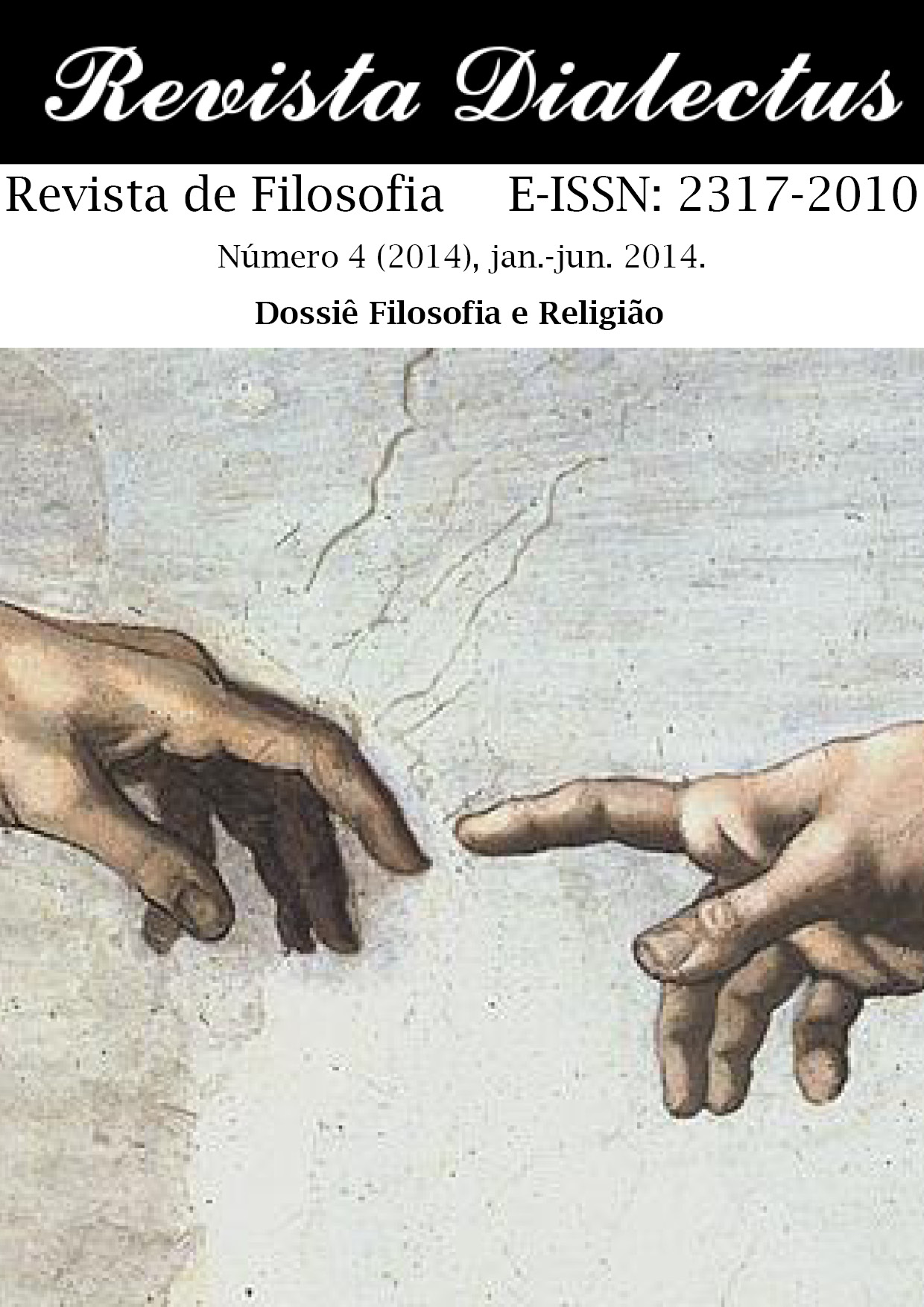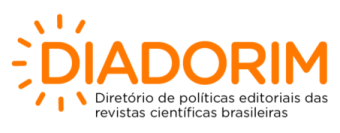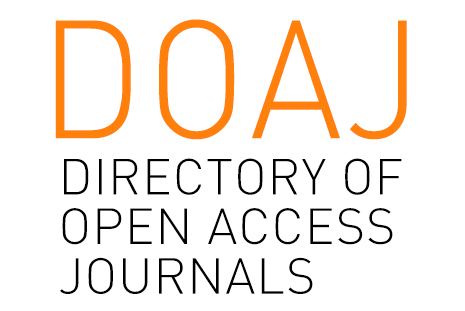A religião em Feuerbach: Deus não é Deus, mas o Homem e/ou Natureza divinizados
DOI:
https://doi.org/10.30611/2014n4id5172Abstract
Em sua obra principal, A Essência do Cristianismo, Feuerbach mostra que o Cristianismo coloca no seu cume um deus pessoal, ilimitado, que cria através do “puro pensar” e do “querer” a natureza e o homem. Já em A Essência da Religião e nos Complementos e Esclarecimentos para a Essência da Religião, Feuerbach analisa a religião natural, na qual deus é um ser físico, idêntico à natureza. Assim como a religião cristã transformou a essência humana em deus, do mesmo modo a religião natural fez da natureza um deus. Mas, para Feuerbach, o deus cristão não é um ser não-humano, mas o próprio homem adorado como divino, assim também o deus físico da religião natural não é deus, mas a própria natureza divinizada. Frente a tais religiões, Feuerbach quer resgatar tanto o homem como a natureza e estabelecer entre eles uma nova relação: o homem não apenas como um ser espiritual, mas também de necessidade, finito, sensível, que depende da natureza, e esta última não como obra de deus, nem do homem, mas como instância originária, como causa dela mesma, e que sem ela, o homem é nada, não pode ser. Homem e natureza se completam: o homem deve sua existência, seu nascimento e preservação à natureza, mas esta é melhor preservada, desenvolvida e conhecida por meio do homem.Downloads
Downloads
Published
2016-10-06
Issue
Section
Dossiê Filosofia e Religião
License
Authors who publish in this journal agree to the following terms:
- Authors retain the copyright and grant the journal the right of first publication, with the work simultaneously licensed under the Attribution-NonCommercial-NoDerivatives 4.0 International (CC BY-NC-ND 4.0) License, which allows the non-commercial sharing of work, without modifications and with acknowledgment of authorship and initial publication in this journal.
- Authors are authorized to take additional contracts separately, for non-exclusive distribution of the version of the work published in this journal (eg publish in institutional repository or as a book chapter), with acknowledgment of authorship and initial publication in this journal.
- Authors are allowed and encouraged to publish and distribute their work online (eg in institutional repositories or on their personal page) at any point before or during the editorial process, as this can generate productive changes as well as increase the impact and citation of published work (See The Free Access Effect).



















